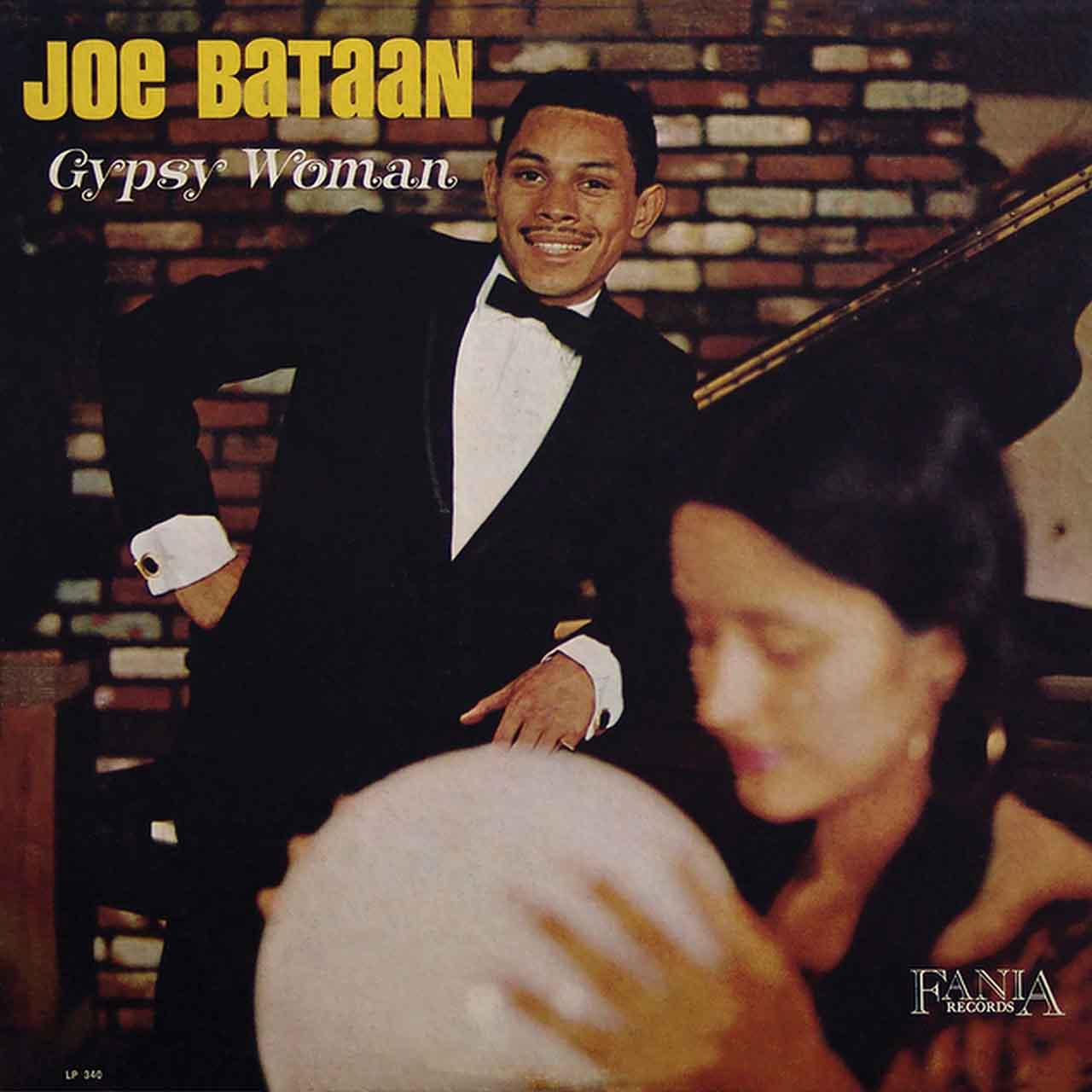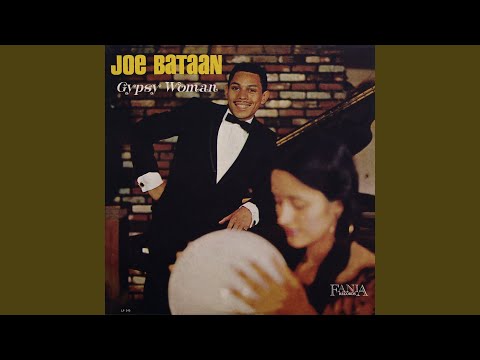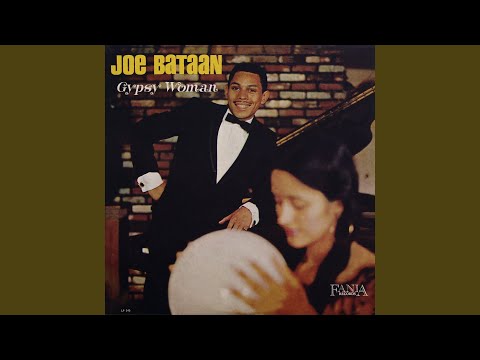‘Gypsy Woman’: Joe Bataan’s Classic Debut Still Sounds Fresh

As legend has it, Joe Bataan formed his first band when he walked into a rehearsal of young musicians in his Spanish Harlem neighborhood, plunged a knife in the grand piano, and declared himself the leader. It was a characteristically bold move made bolder by the fact that Bataan hadn’t yet sang professionally, was still a relative newcomer to Latin music, and wasn’t actually Puerto Rican (born Bataan Nitollano to Filipino and African-American parents in 1942). But what Bataan deeply understood were New York City’s streets – having run with Nuyorican gang the Dragons, done time upstate for stealing a car, and sang doo-wop and R&B under lamp lit corners – and he dreamt of a life beyond them. He idolized Frankie Lymon, became enamored by the conjuntos popular uptown, and envisioned an authentic musical synthesis of these styles.
Order the vinyl version of Joe Bataan’s Gypsy Woman now.
Adopting the stage name Joe Bataan and rehearsing his band, the Latin Swingers, until their standing as a live act eclipsed any lingering memory of his thuggish rep, Bataan signed with then-fledgling Latin music powerhouse Fania Records and released 1967’s Gypsy Woman. It would be the first in his series of classic LPs for the label. The title song, his breakout hit, encapsulates the unbridled excitement of his sound. Ostensibly it’s a cover of The Impressions’ exquisitely genteel Curtis Mayfield-penned ballad of the same name. In Bataan and company’s hands, however, the original is merely a fleeting reference point for their brilliant rhythmic and melodic reinvention – a storming boogaloo punctuated by double-time handclaps, the Swingers’ roaring dual-trombone front line, and staccato shouts of “Hot, hot – she smokes!” Bataan’s phrasing – no-nonsense smooth with a touch of vibrato holding the end of each line – exudes a new school cool straight outta El Barrio. In name and form, this was indeed Latin Soul.

Click to load video
The remainder of Gypsy Woman captures a performer and band giddy with the confidence that their single was no fluke. It alternates between similarly infectious showcases for Bataan that ride the popular boogaloo wave of the day (the jubilant “So Fine,” an homage to 1st trombonist Joe “Chickie” Fuente, “Chickie’s Trombone”) and traditional Latin mambos (“Campesino”) and guagancos (“Sugar Guaguanco”). On the latter tracks, Bataan defers to Joe Pagan’s Spanish lead vocals. Yet he remains the engine of the ensemble on piano, as evidenced by a nimble solo that turns the heat all the way up on the album’s most frenzied number, the appropriately titled “Fuego.”
For all of Gypsy Woman’s dance floor fire, the closing ballad, “Ordinary Guy,” would have the most lasting impact on Bataan’s career. The lament of a fella who lacks the fancier things in life to win back a lost love, he’d re-record the song several times over the years. The original iteration here is all wee hours introspection – the perfect selection to queue up for last call. Its bridge evokes lonely-in-a-crowd city life with remarkably effective simplicity: “Subways take me downtown/My apartment is my home/I spend weekends with friends/Otherwise I’m alone.” Even more so than seamlessly bridging Latin and Soul, Joe Bataan’s most extraordinary achievement may have been showing us how the roughest street tough can sing with such a tender heart.

Click to load video



